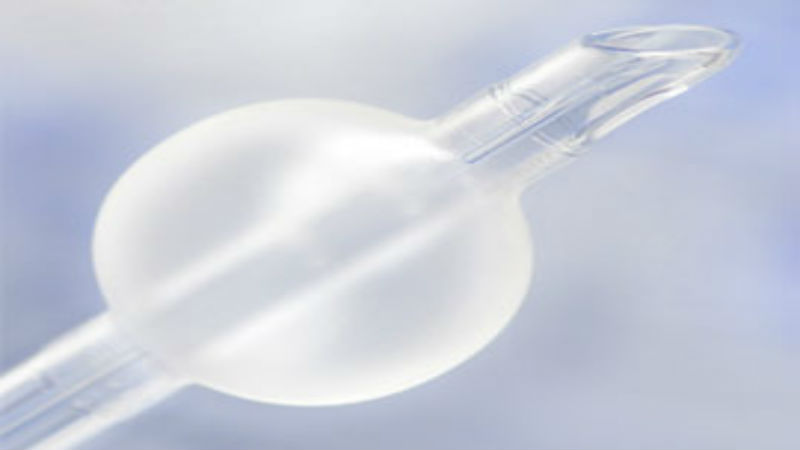There are many different plastics used in the production of parts and components. The type of resin used in a specific part or component is largely a factor of the desired properties of the part or component.
One of the benefits of the custom plastic molding process is that different resins can be used to develop the characteristics or properties needed for the final part. With specific additives and features to the different resins, everything from surface lubricity to UV resistance and durability in environments where chemical exposure is a concern can all be factored into the choice.
There are several common custom plastic molding materials in use in most industries. There are, of course, specialized types of resins used in the manufacturing of medical devices which have specific characteristics which make them non-reactive and safe for use in the human body.
LPDE
LPDE is the abbreviation for low-density polyethylene. This is one of the resins which is found in medical products and also in electronic components. It is more flexible than other resins once it is formed, and offers very high moisture resistance and an extremely long-life cycle. It is also highly resistant to impact and offer a high strength to weight ratio.
HIPS
High Impact Polystyrene is used in most types of plastic components where secondary surface finishes are a concern. It can be easily printed and bonded, which make it popular for consumer products, retail fixtures and similar types of applications. It is also a lower cost resin, which adds to its value for large volume production of small to large parts and components.
Acetal
While not advised for use with high temperatures, the choice of Acetal, which has several brand names, is a good option for custom plastic molding parts and components used in many applications including food and beverage production and the automotive industry. It is resistant to solvents and chemicals, and it is also naturally lubricated on the surface, making it a top consideration for moving parts in components.
